It's Time To Talk
By Emily Raij
By using lessons from the past, the Holocaust Memorial Resource & Education Center of Florida promotes inclusion in communities today, a goal that has become increasingly relevant throughout the state. The Anti-Defamation League’s (ADL) September 2022 report, Hate in the Sunshine State, outlined a significant rise in extremist incidents in Florida. In direct response, the Holocaust Center is answering the ADL’s call to prioritize anti-bias and Holocaust education through its Community Conversations for a Unified Florida program series.
Talli Dippold, the Holocaust Center’s CEO, recognizes that these initiatives must extend beyond the Jewish community in order to educate everyone on antisemitism and ways to combat it.
“Antisemitism is the
canary in the coal mine
in terms of other hate.
We want to make sure
we are the thought
leaders and a place to
come for resources.”
“Our goal is definitely to be out in the community,” says Talli. “Our first program is a community conversation. Antisemitism is the canary in the coal mine in terms of other hate. We want to make sure we are the thought leaders and a place to come for resources.”
Beginning a Dialogue
That first event, A Community Conversation about Antisemitism, was held at the Holocaust Center on May 11 and moderated by Dr. Joel Hunter, pastor of the Community Benefit for Action Church. Panelists included Dr. Christine Beresniova, the Holocaust Center’s vice president of operations; State Representative Anna Eskamani from Florida’s 42nd district; Jake Silverman, chief security officer for Shalom Orlando; and Stephanie Viegas, deputy national security advisor for Secure Community Networks.
Dr. Beresniova began the evening with a presentation on the history of antisemitism including an explanation from the International Holocaust Remembrance Alliance of why the word itself should not be hyphenated: “The term anti-Semitism allows for the possibility of something called Semitism, which not only legitimizes a form of pseudo-scientific racial classification that was thoroughly discredited by association with Nazi ideology, but also divides the term, stripping it from its meaning of opposition and hatred toward Jews.”
Holly Huffnagle, U.S. director for combating antisemitism with the American Jewish Committee, hosted one of two Community Conversations during May at the Holocaust Center about the rise in antisemitism throughout our region.
The group of experts and allies discussed how to recognize antisemitism, which has increased nearly 60 percent in Central Florida this past year, as well as ways the community can respond and why those outside the Jewish faith should fight against antisemitism.
“It’s up to me to take on the responsibility that we’re loving our neighbors as ourselves,” explained Dr. Hunter, who noted that acts of antisemitic hate outnumber such crimes against all other religions combined.
Representative Eskamani, whose parents were Iranian immigrants, says she grew up “understanding what it is to be otherized,” and has noticed that many young people today don’t know about the Holocaust. This ignorance – along with recent antisemitic incidents of Nazi graffiti on bathroom walls at Dr. Phillips High School, hateful banners hung from an I-4 overpass, slogans projected onto a building in downtown Orlando, and printed messages tossed onto people’s driveways in Maitland – led Representative Eskamani and her colleagues on both sides of the aisle in the Florida House to unanimously pass House Bill 269. The legislation makes such acts of religious hatred a third-degree felony and allows law enforcement to take greater action.
“Local officials felt limited in what they could do until HB 269,” Representative Eskamani said. The community conversation ended with panelists answering questions submitted by attendees and offering some suggestions on how citizens should respond if they encounter antisemitism. Stephanie Viegas recommended attending meetings like the Community Conversations series, bringing incidents to the attention of state legislators, and taking classes on topics like de-escalation strategies. Jake Silverman explained that hate groups often livestream encounters because they want to show the people they’re harassing yelling back and getting upset.
“Give them no fuel,” Jake said. “Use forums like this. Education is our weapon.”
The Conversations Continue
On May 18, a second conversation was held via Zoom and featured Holly Huffnagle, U.S. director for combating antisemitism with the American Jewish Committee. Holly talked about her agency’s response to antisemitism in the U.S. and how her previous experience as a researcher and policy adviser to the Office of the Special Envoy to Monitor and Combat Antisemitism at the U.S. Department of State led her to her current role.
From June 22 through September 10, the Holocaust Center will host the visiting exhibition Venerated-Persecuted-Forgotten featuring the stories of Jewish players and officials from the FC Bayern Munich soccer club as the sport was developing in Germany during the rise of National Socialism. After the club won its first National Championship in 1932, its success was halted by Nazi religious and political persecution.
The exhibition shows how soccer can positively impact communities and aims to educate children about the importance of social inclusion. Visitors of all ages can learn about the history of the team including how its former president, Kurt Landauer, chose to return to Munich and rebuild his beloved club rather than use the visa he received to move to New York and start a new life there. An opening reception on June 22 at 6:30 p.m. will feature an exhibit curator from Germany who will provide an overview of the club’s history and answer questions .
“We are here until we are able to really see a significant decline in these forms of division,” says Dr. Beresniova. “We are super proud to be doing this work in the community. We invite anyone in the community who is seeing an issue to bring it to us. Our job as an institution is to foster dialogue across groups.”
Story was originally published in print in Summer 2023.

